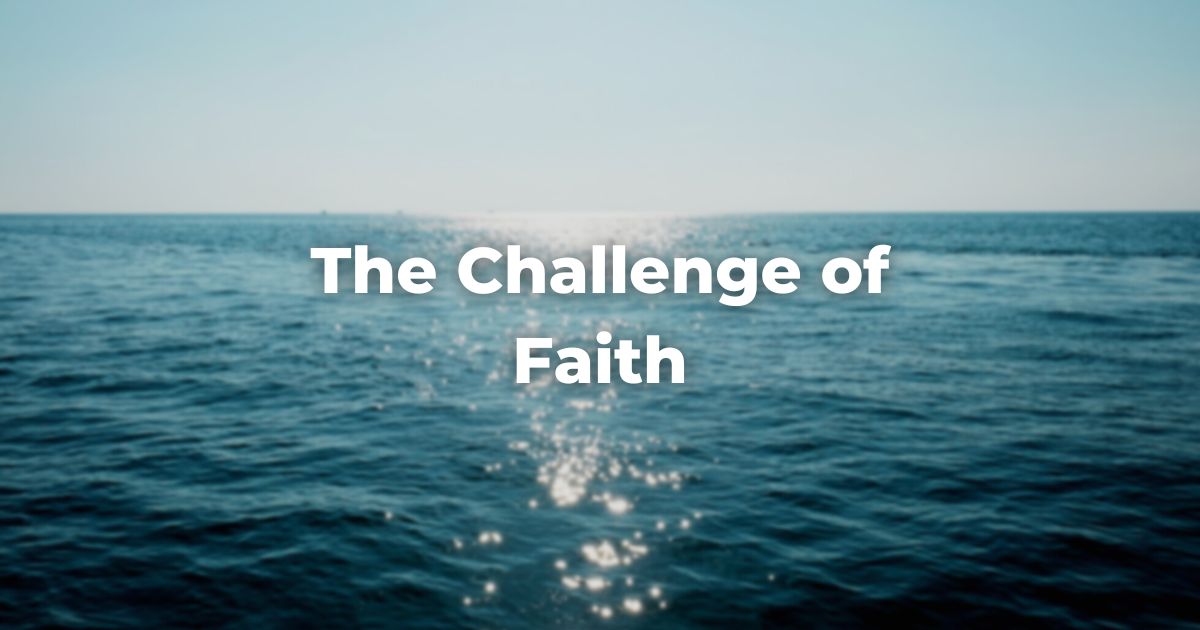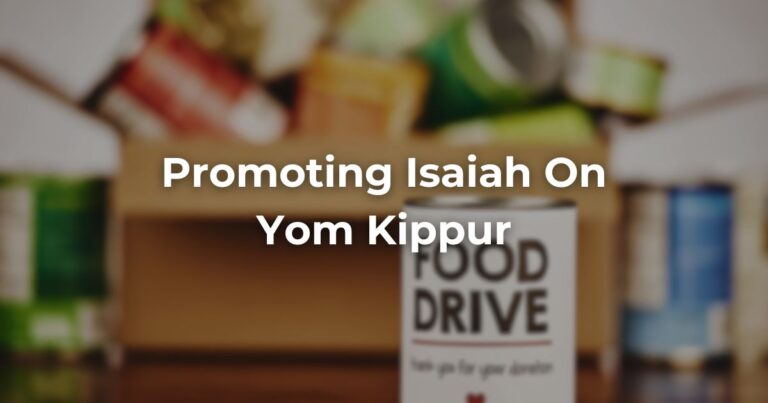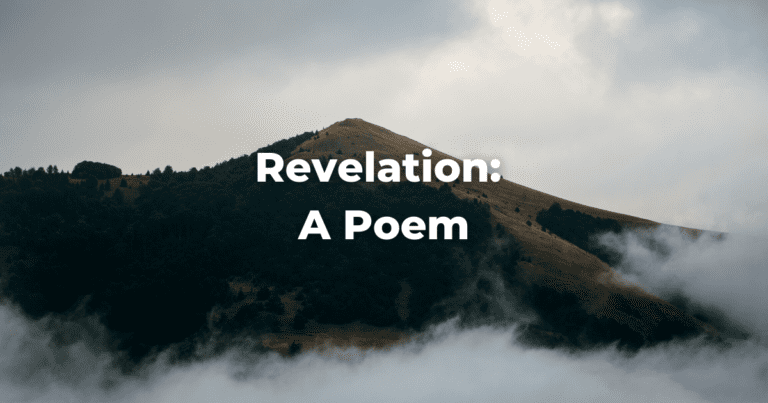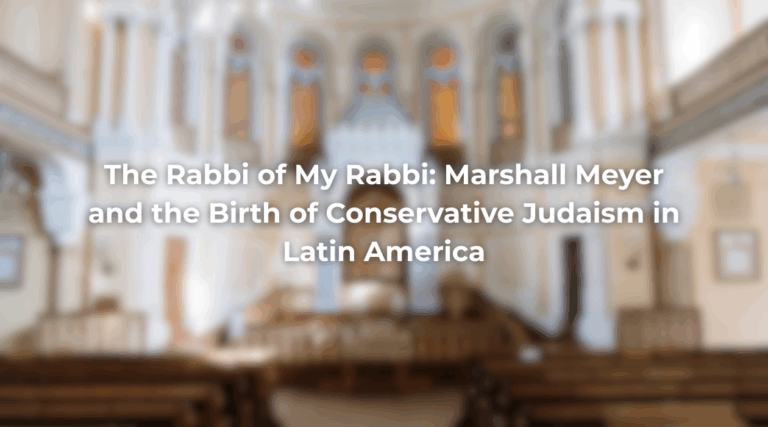In wrestling with the rift between reality and our ideals, our Jewish traditions can provide an essential tool for navigating these tumultuous times.
It is the glory of our sacred writings: the TorahRefers to the first five books of the Hebrew Bible, the Tanakh, also called the Five Books of Moses, Pentateuch or the Hebrew equivalent, Humash. This is also called the Written Torah. The term may also refer to teachings that expound on Jewish tradition. Read more, Prophets, the TalmudReferring to one of two collections, the Jerusalem and Babylonian Talmuds, edited in the 6th century, that contains hundreds of years of commentary, discussion, and exploration of the ideas in the Mishnah. One could describe it as Mishnah + Gemara = Talmud Read more, and the MidrashThis word is used in two ways, as both a concept and a literature. As a concept, midrash is the expansive interpretation of biblical texts. The term is used to describe the practice of rabbinic interpretation. As a text, it refers to specific collections of interpretations, particularly from the third to ninth centuries in the Land of Israel and Babylonia. Plural: Midrashim
Read more, to confront these challenges, honestly and openly, without imposing superficial answers or rigid dogma to mask the pain of not knowing and the anguish of not being able to make it all right.
Perhaps that honesty is Judaism’s greatest gift: its remarkable ability to assure its children that there are questions worth asking even when the answer eludes us, even when there may never be any final answer within human grasp.
In the light of these unanswerable questions, queries that cannot be solved but must be articulated anew in each new age, Judaism shines ever brighter because of its wisdom in framing essential issues without imposing a smug, self-satisfied, and ultimately shallow answer.
Judaism, through story, deed, and law, teaches us that what really matters in such questions aren’t the questions at all, and certainly not the formulated answers.
What matters in such things is the attitude of the one who is asking the question. What matters is an orientation of faithfulness, of emunah.
How does that faithfulness, that emunah, help us through a terrible night of sorrow or sickness or loneliness? Is Judaism a source of comfort at such times?
In my own life, I have known such moments.
And I will tell you one thing that my Judaism didn’t do, and that I didn’t ask of it: the questions I hurled up to God were not meant as real questions. I was not operating in the mode of thought and analysis. That comes later, after the fact.
My questions were really pleas, hopes, terror, and rage, masquerading as a dialogue. While the external clothing may have been words and discourse, the actual content – what I was seeking in my fear and my anguish – was beyond words. I was seeking belonging, rootedness, and connection.
Judaism provided that. In my deepest terror, I never felt alone. Even in my fear, I could sense the nurturing love of my community, the connection to the Jewish people, our rootedness in the mitzvot, and the love and concern of God. I didn’t have answers, but I had emunah, the ability to trust in faithfulness.
Faithfulness feels to me exactly like going limp in the ocean or trusting myself to the rocking of an earthquake. While we often mistake faith for mental assent to a list of verbal assertions, the Hebrew meaning of emunah isn’t assent. It means “trust.”
To have faith is to be able to trust.
To trust in something beyond ourselves, to trust that we have the strength and the commitment to get through whatever comes. To trust that we are never alone.
To be able to retain a sense of belonging in something transcendent and eternal, to know that we are a people in covenant with God and linked across generations one to another is a great source of strength and courage. The ability to spiritually float, to turn over to God our need to control and to manipulate, even while doing all we can to assist God in bringing about a positive outcome, is the very core of Jewish faith.
As we approach the holiest days of the year, my prayer for us all follows the words of the ancient sage, Rabbi Eliezer (as recorded in the Talmud’s opening volume, Berakhot:
“Do Your will, O God, in heaven above, and bestow tranquility of spirit on those who revere You below. And what is good in Your sight, do.”
LeShanah Tovah U’metukkah!
Author
-
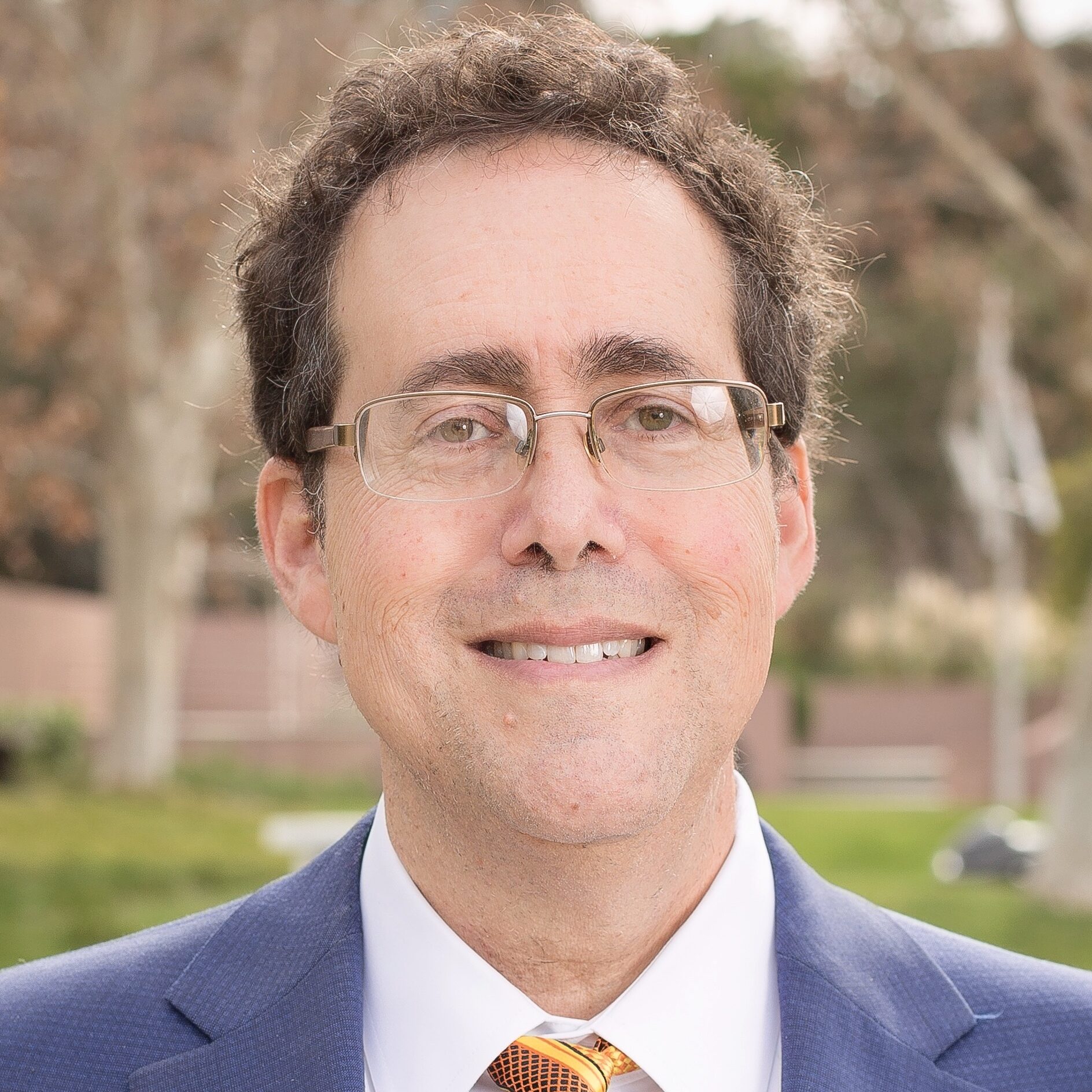
Rabbi Dr Bradley Shavit Artson (www.bradartson.com) holds the Abner and Roslyn Goldstine Dean's Chair of the Ziegler School of Rabbinic Studies and is Vice President of American Jewish University in Los Angeles. Rabbi Artson has long been a passionate advocate for social justice, human dignity, diversity and inclusion. He wrote a book on Jewish teachings on war, peace and nuclear annihilation in the late 80s, became a leading voice advocating for GLBT marriage and ordination in the 90s, and has published and spoken widely on environmental ethics, special needs inclusion, racial and economic justice, cultural and religious dialogue and cooperation, and working for a just and secure peace for Israel and the Middle East. A member of the Philosophy Department, he is particularly interested in theology, ethics, and the integration of science and religion. He mentors Camp Ramah in California in Ojai and Ramah of Northern California in the Bay Area. He is also dean of the Zacharias Frankel College in Potsdam, Germany, ordaining Conservative rabbis for Europe. A frequent contributor for the Huffington Post, the Times of Israel, and a Contributing Writer for the Jewish Journal of Greater Los Angeles, he has a public figure Facebook page with over 70,000 likes. Rabbi Artson is the author of 12 books and over 250 articles, most recently Renewing the Process of Creation: A Jewish Integration of Science and Spirit. Married to Elana Artson, they are the proud parents of twins, Jacob and Shira.
View all posts

